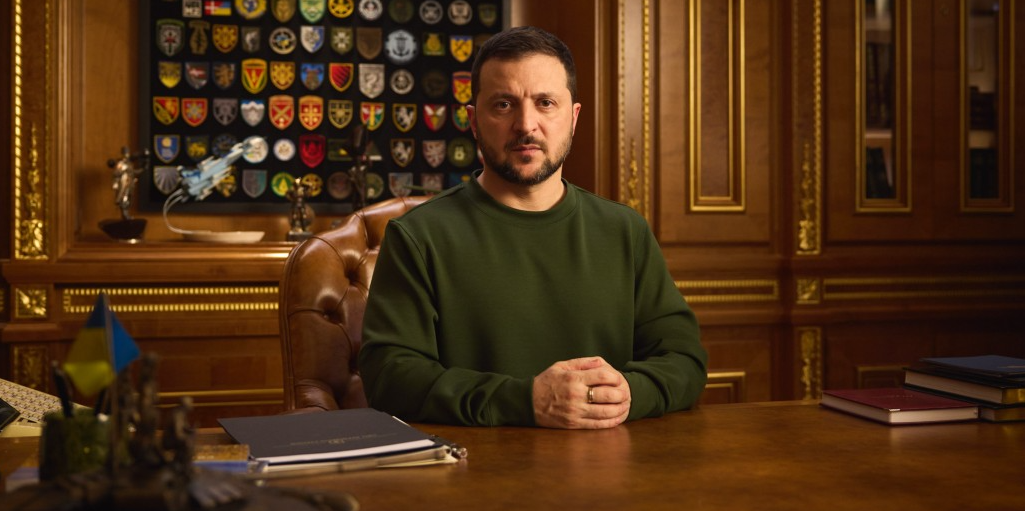Ukraine’s President Zelensky Unexpectedly Visits the Baltics.
Others are reading now
Ukrainian President Volodymyr Zelenskyj has initiated an unexpected tour of the Baltic states, starting with Lithuania’s capital, Vilnius. His visit, which was not previously announced publicly, signals a significant diplomatic gesture amidst ongoing regional tensions.
Zelenskyj’s Baltic Itinerary
Upon landing in Vilnius on Wednesday, Zelenskyj’s visit was revealed by the Lithuanian President’s office. Following his time in Vilnius, the Ukrainian leader plans to travel to Riga, Latvia, and Tallinn, Estonia, further solidifying Ukraine’s ties with these key regional allies.
Zelensky subsequently confirmed the visit on X, where he wrote the following:
Also read
“Estonia, Latvia, and Lithuania are our reliable friends and principled partners. Today, I arrived in Vilnius before going to Tallinn and Riga. I will hold talks with the President, Prime Minister, Speaker of the Seimas, as well as meet with politicians, the media, and the Ukrainian community. Security, EU and NATO integration, cooperation on electronic warfare and drones, and further coordination of European support are all on the agenda. But first and foremost, our gratitude. For the uncompromising support for Ukraine since 2014 and especially now, during Russia’s full-scale aggression.”
Lithuania, along with Latvia and Estonia, shares a border with Russia and has been among Ukraine’s most steadfast supporters.
These nations have taken a firm stance in backing Ukraine against Russian aggression, reflecting their own security concerns in the region.
The visit coincides with recent developments involving Germany and Lithuania, where an agreement was reached to station approximately 4,800 German soldiers permanently near the Russian border. This deployment, planned for 2027, aims to establish a fully combat-ready German brigade in Lithuania.
Russian Foreign Ministry spokespersons have expressed concerns that the establishment of the German brigade will escalate military tensions between Russia and NATO. The majority of the units in this German brigade are expected to arrive in 2025 and 2026, marking a significant increase in NATO’s military presence in the region.



